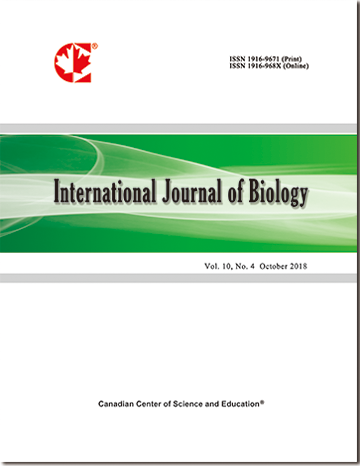Non-animal Peptone for Serum Free Cultivation of Recombinant Mammalian and Animal Cells
- Asif Durrani
- Abrar Ali
- Shabbir Durrani
- Jani Shaikh
- A. Upadhyay
- Z. Khan
Abstract
Gene expression by large-scale transfection of mammalian and animal cells is becoming an established
technology for the fast production of therapeutic biotech products. However, efforts are still needed to optimize
production parameters in order to maximize volumetric productivity while maintaining product quality.
Generally, in cell culture 5% to 15% serum is used as supplement in the standard basal media in addition to salts
and amino acids for healthy cell growth. To overcome the serum related problems, serum derived and animal
derived substances are being used. The serum, serum derived or animal derived substances have some
advantages and disadvantages which we have summarized in this review. This article mainly focuses on the
replacement of serum, serum derived or animal derived substance with plant derived peptones to fulfill the
regulatory requirements.
In addition, this article also highlights the methods of peptone selection, peptone screening and some issues
related to peptone utilization and their solutions.
On the basis of review, we found that the usage of ultrafiltered plant peptone in combination with polyamine
could be the best composition for cells growth and reproducible expression of the therapeutic Bio- products. The
source or type of peptone (soy peptone, wheat and rice peptone) and polyamines (cadaverine, putrescine,
spermidine, spermine, agmatine and ornithine etc) are cell dependent and can be selected on the basis of their
performance with respect to cell growth, expression of protein of interest with consistency in the production
process.
- Full Text:
 PDF
PDF
- DOI:10.5539/ijb.v3n1p140
Index
- ACNP
- AGRICOLA
- BASE (Bielefeld Academic Search Engine)
- CAB Abstracts
- CiteFactor
- CNKI Scholar
- CrossRef
- DTU Library
- Elektronische Zeitschriftenbibliothek (EZB)
- Excellence in Research for Australia (ERA)
- Google Scholar
- Infotrieve
- LIVIVO (ZB MED)
- LOCKSS
- Max Planck Institutes
- MIAR
- PKP Open Archives Harvester
- Qualis/CAPES
- ResearchGate
- ROAD
- SafetyLit
- SHERPA/RoMEO
- Technische Informationsbibliothek (TIB)
- Universe Digital Library
- WorldCat
Contact
- Ryan JonesEditorial Assistant
- ijb@ccsenet.org
